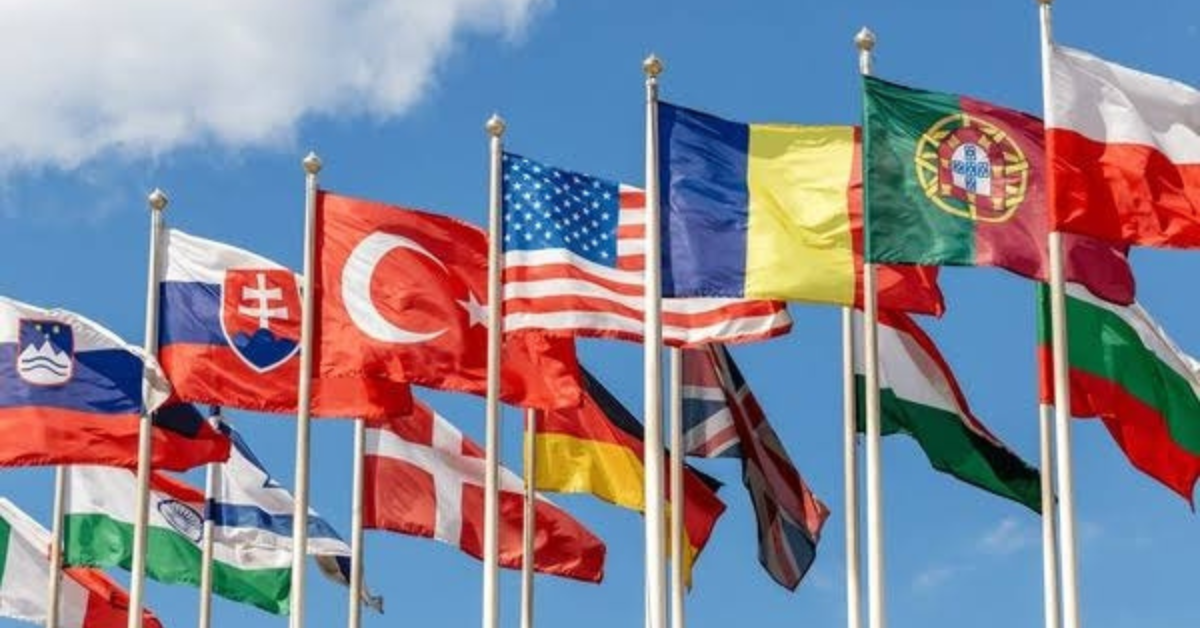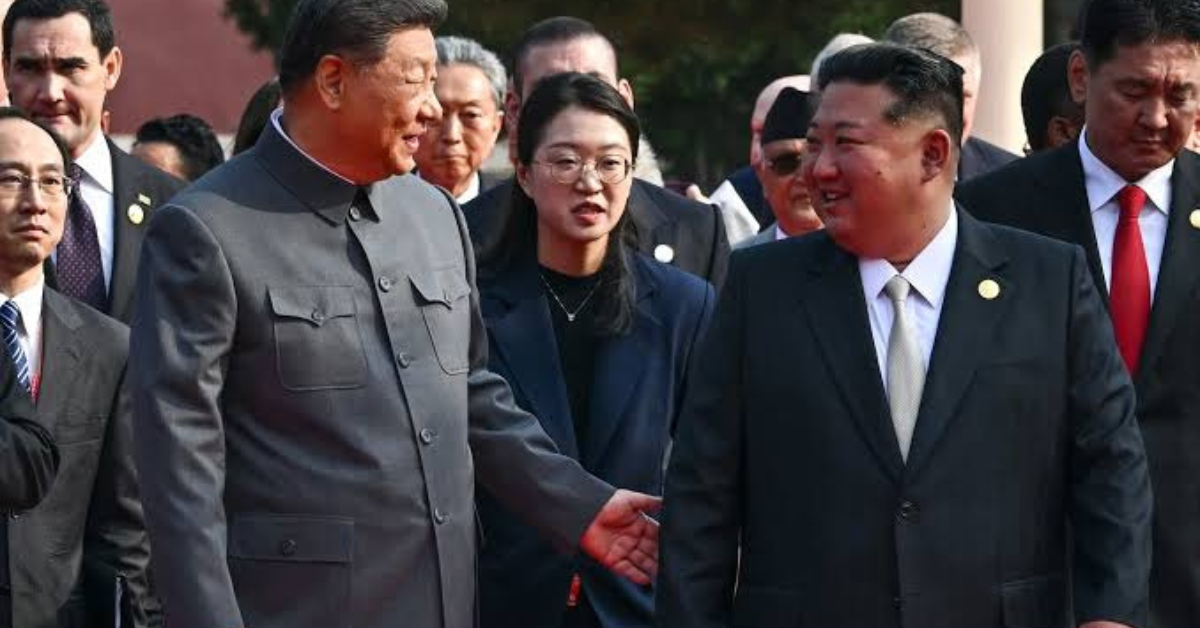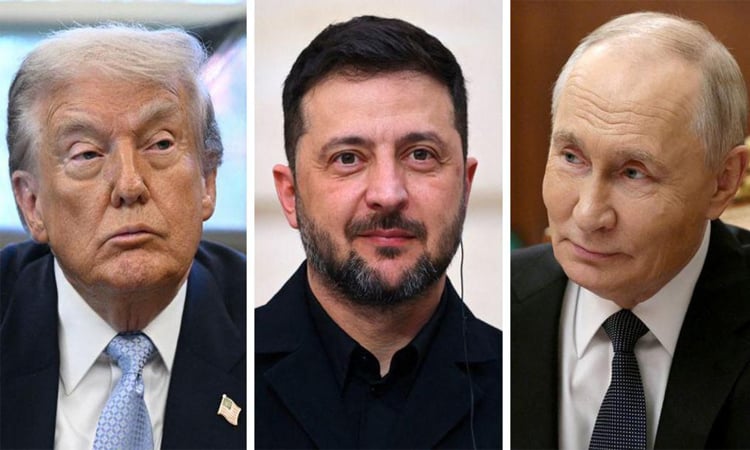Atia Ibnat Rifah: International Relations (IR) came into existence in 1919 with a very clear mission: to save humanity from falling into another disaster like the First World War. It was not just an academic idea, it was also a moral project. The war had shown how destructive human conflict could be, and people believed that through diplomacy, international law, and cooperation, peace could be achieved.
But if we look at the world today, that dream feels very far away. Gaza is burning. Ukraine is in ruins. And global institutions like the United Nations often look powerless. So, has IR failed?
A Discipline Built on Hope
IR was founded on optimism. When the First World War was over, the League of Nations was established as a platform where differences could be solved peacefully. Scholars hoped that the international law and institutions would tie the states together in such a way that war would no longer be relevant. Since 1945, this role has been played by the United Nations, together with a proliferation of academic theories purporting to explain and possibly even prevent conflict.
Realists focused on the risks of power politics, liberals focused on cooperation and interdependence and others focused on the effect of norms and identities. These theoretical confrontations were built behind a modest belief that learning about war and peace could make us less likely to make the same errors in the future.
The Harsh Reality
The problem is, the world doesn’t neatly follow theories. In Gaza, thousands have died while the UN remains stuck because of veto politics. In Ukraine, Russia’s invasion brought back a large-scale European war that many people thought was gone forever.
And it’s not only Gaza or Ukraine. Look at Syria, Yemen, Sudan, Myanmar—the pattern of violence continues. Every time, people ask: if IR was supposed to prevent wars, then why are we still here?
Achievements That Should Not Be Overlooked
Still, I don’t think it’s fair to say IR has been useless. Take nuclear weapons. Since 1945, no country has used them in war. That’s partly because of IR-inspired ideas like deterrence, arms control, and treaties.
Or look at Europe. For centuries, France and Germany fought over and over. Today, they are partners inside the European Union. That’s a success story built on liberal theories of cooperation.
Even peacekeeping has worked at times—like in Sierra Leone or the Balkans. And although human rights are often violated, at least we now have global laws and institutions that give us language to call out abuses.
Why IR Struggles
So why does IR look powerless in many cases? First, because of sovereignty. States don’t like being told what to do, which makes outside intervention very difficult.
Second, power politics. The UN Security Council was supposed to keep peace, but the permanent members often block action when it goes against their interests. The U.S. veto protects Israel in Gaza. Russia vetoes resolutions about Ukraine. When the most powerful players bend the rules, the system breaks down.
Another issue is that IR is still very Eurocentric. It was shaped by Western history, so many conflicts in Africa, Asia, and the Middle East don’t fit neatly into its theories. Voices from the Global South are often ignored.
And then there’s the gap between theory and practice. Scholars may come up with smart ideas, but leaders usually act based on national interest, not academic research.
A Discipline in Transition
So, has IR failed? I don’t think it’s that simple. The discipline was never going to abolish war completely. It’s more like a mirror—it helps us understand what’s happening, even if it can’t solve everything.
IR does need to change. Reforming institutions like the UN Security Council is urgent. The field also has to open up and include more perspectives from the Global South. And maybe IR should focus more on people—activists, NGOs, communities—because sometimes they do more for peace than governments.
A Broken Dream, Not a Dead One
International Relations was created out of hope. That hope hasn’t fully come true, but it hasn’t died either. Gaza and Ukraine show us how far we still are from peace. But the fact that the world hasn’t had another world war, and that countries still cooperate on many issues, suggests IR has achieved something.
Maybe the real question isn’t whether IR has “failed,” but whether it has kept alive the possibility of peace. To me, that means IR is neither a total failure nor a complete success. It’s still a work in progress—somewhere between hard realities and fragile dreams.
*Writer: Independent Researcher, and Graduate Student, Department of International Relations, University of Rajshahi



